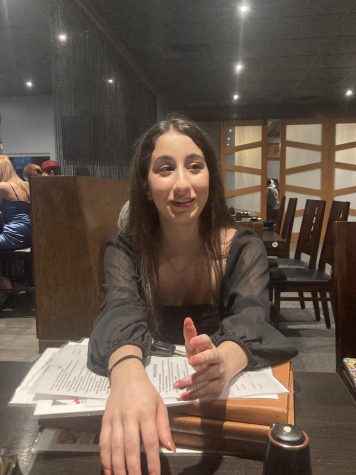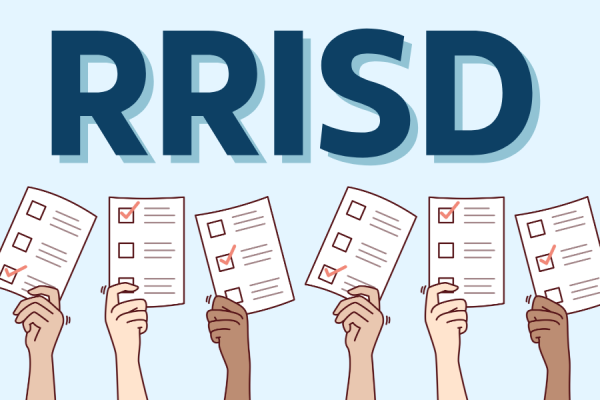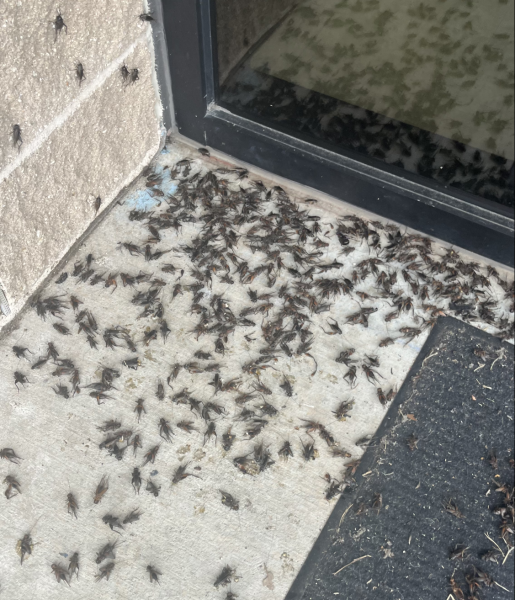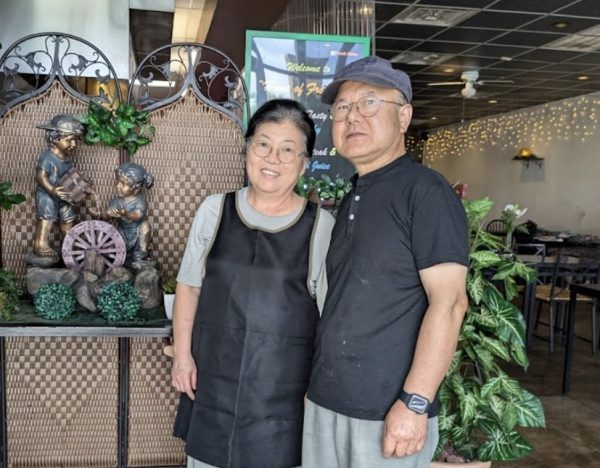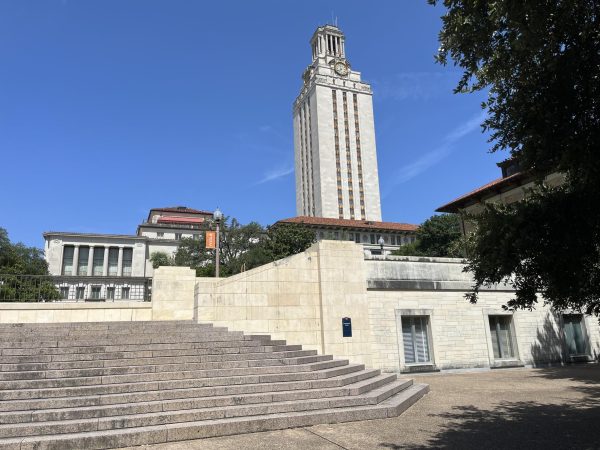Texas Representative Vikki Goodwin Holds Town Hall on Housing
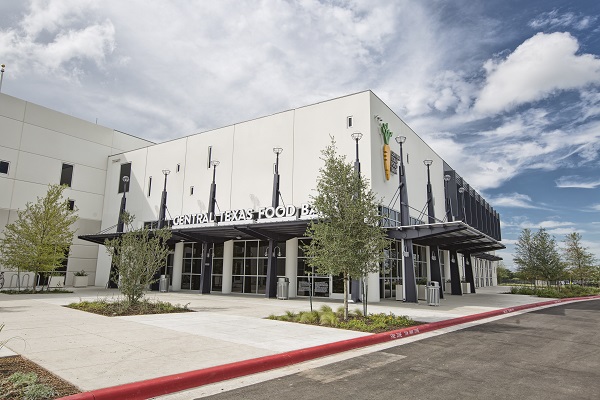
Joel Salcido
One of the key strategies outlined by the World Health Organization (WHO) for fighting the coronavirus is social distancing. This issue, compounded with others, has made it disproportionately difficult for the homeless population to fight COVID-19. Texas Representative Vikki Godwin, Democrat, held a town hall named the “Social Safety Net” via zoom and Facebook Live on Aug. 26 to address this problem, as well as others facing the at-risk population in Austin.
The speakers at the town hall included leaders at nonprofits that work to end homelessness in Austin. One of which was Derrick Chubbs, president and CEO of Central Texas Food Bank. He spoke about the increase in volume of people the Texas food banks are serving.
“The volumes have somewhat stabilized, but they’ve stabilized at a rate that is in some cases 200 percent higher than pre-COVID,” said Mr. Chubbs. “I think the big number that astounded us the most were the individuals and families that were coming to us for the first time. We saw that increase 202 percent in Austin.”
Ending Community Homelessness Coalition (ECHO) executive director Matt Mollica spoke next. His organization compiles the data around homelessness and facilitates the annual count of the Austin homeless population. Mr. Mollica discussed the ways that COVID-19 will impact the number of those experiencing homelessness in Austin.
“I think what we’re going to unfortunately find with COVID, is that unless we see some federal action and folks step in to provide rental assistance to families that are in desperate need of [it], Mr. Mollica said. “Once the eviction moratorium comes up, we’re going to see a pretty drastic increase in homelessness in our community.”
Jo Kathryn Quinn, the president and CEO of Caritas of Austin, spoke next. Ms. Quinn discussed the way Caritas case managers help the people they serve by building unique plans for families to be able to obtain and continue to afford housing. Stephanie Rubin of Texans Care for Children spoke about the issues impacting Texas children in need.
“We all know that kids and families in Central Texas were struggling before COVID, and obviously so many of them are having a much, much tougher time. Kids are resilient, but we really need to pay attention to their needs now,” Ms. Rubin said.
Ms. Rubin added that the foster care and child care system have especially been struggling due to the coronavirus. Her organization has found that almost 30 to 40 percent of child care systems in Texas have closed their doors, perhaps permanently.
“The child care system, the foster care system, these were sectors of our community and our economy that were under-resourced and struggling before COVID, and are really strained even more now,” Ms. Rubin said. “Unlike schools, there really is not a solid funding source for childcare.”
Qunisha Simmons, family shelter director at the Stop Abuse For Everyone (SAFE) Austin Alliance, spoke last. She discussed the ways in which her organization supports survivors of domestic violence and abuse, such as through the SAFE alumni services. The Alumni Program is a peer-to-peer program that through different leadership programs, aims to build a community of survivors.
“It’s definitely a challenge to do outreach during a pandemic, but we encourage people to tell others about the way SAFE can support survivors,” Ms. Simmons said. “People who are experiencing homelessness are at a drastically increased risk of being trafficked.”
The town hall comes right before the City of Austin’s first ever “Week of Action to End Homelessness”. During this initiative, the city will partner with different groups that work to end homelessness to encourage the community to be compassionate, take action, and help those in need.


